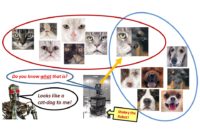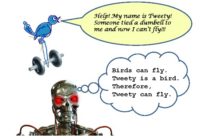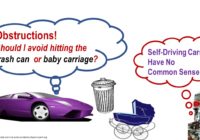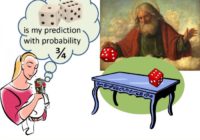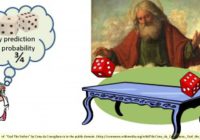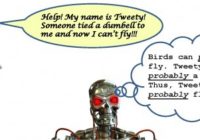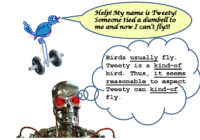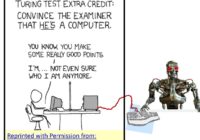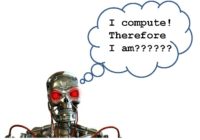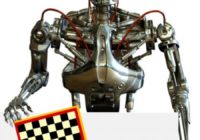LM101-080: Ch2: How to Represent Knowledge using Set Theory
Podcast: Play in new window | Download | Embed
Episode Summary: This particular podcast covers the material in Chapter 2 of my new book “Statistical Machine Learning: A unified framework” with expected publication date May 2020. In this episode we discuss Chapter 2 of my new book, which discusses how to represent knowledge using set theory notation. Chapter 2 is titled “Set Theory for Concept Modeling”. Show… Read More »
